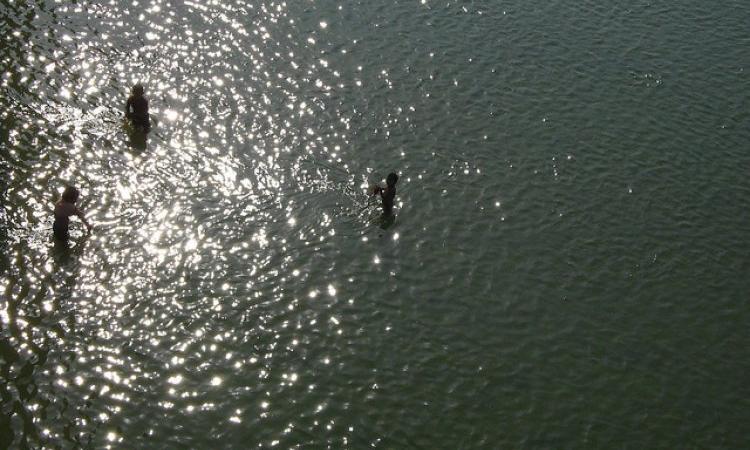
Out of 41 study points, the Ganga clean only at the Haridwar barrage location: CPCB
In compliance with the Supreme Court order, the Central Pollution Control Board has released the “Biological Water Quality Assessment of the River Ganga” report. As per the report, out of the 41 locations monitored for pollution, the Ganga river water was found clean only at the Haridwar barrage location during both the pre-monsoon and post-monsoon periods. Further, 37 out of 41 locations through which the river flows were found to be in the “moderate to severe pollution” category in the pre-monsoon period in 2018. Also, the study pointed that the two major tributaries of the river—Pandu and Varuna—in Uttar Pradesh are responsible for increased pollution levels of the Ganga as they were found to be “severely polluted” before the confluence point.
Himalayan glaciers are retreating at alarming rate, thanks to irresponsible tourism: Parliamentary panel
Taking note of the media reports on the retreat of Himalayan glaciers at an alarming rate, the Parliamentary panel has suggested that the Centre make adequate financial allocation and infrastructure available to measure the extent of glacial retreat and the ways to mitigate its effects. As per the panel, reckless and irresponsible tourism in the Himalayan ecosystem is one of the major reasons for environmental degradation. Therefore, the panel has recommended the Centre to constitute a committee of experts to formulate the guidelines on the Himalayan ecotourism.
Water available at railway's water vending machines to cost higher
The railway board has agreed to raise the cost of buying a glass of water from the vending machines installed at railway stations. At present, refilling 300 ml of water costs Re 1. With the hike, however, the cost will increase to Rs 2 and buying a glass of water will cost Rs 3. Earlier, the vending machines only sold 500 ml of water using paper containers but the hike is expected to allow the machines to sell 300 ml of water with ease.
Difficult to link Kerala floods 2018 to anthropogenic climate change: Study
A study carried out by the Water and Climate Lab at the Indian Institute of Technology Gandhinagar argues that attributing the 2018 event in Kerala to climate change can be difficult. The study factored in the long term (1951-2017) changes and found that during the 66-year period, Kerala witnessed a significant decline in monsoon rainfall while the temperature rose. This made the researchers hypothesise that the 2018 event may not be linked to long-term climate change but to an extreme event that was driven by a short-term natural variability of climate.
Activists protesting hunger deaths demand proper implementation of National Food Security Act
In the past one year, 45 people died of hunger that led to food rights activists taking to roads on December 17, 2018. The activists demanded proper implementation of the National Food Security Act (NFSA) as most of these people died because they were denied their rightful food under the Act for the failure of biometric identification, Aadhaar. The activists also demanded a discussion in Parliament on the state of hunger in the country and strict notification against denying of benefits of any welfare programme in the absence of biometric authentication.
This is a roundup of important news published between December 19 - 26, 2018. Also read policy matters this week.